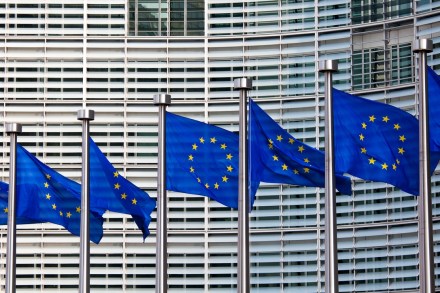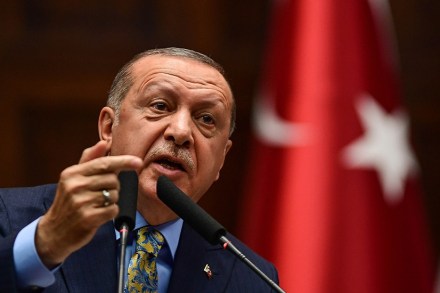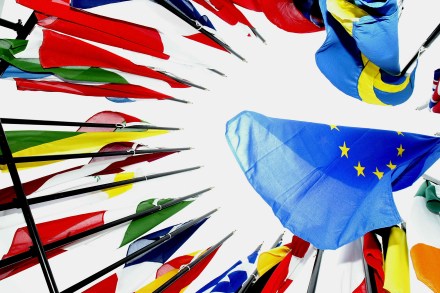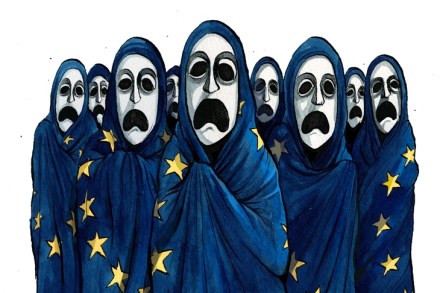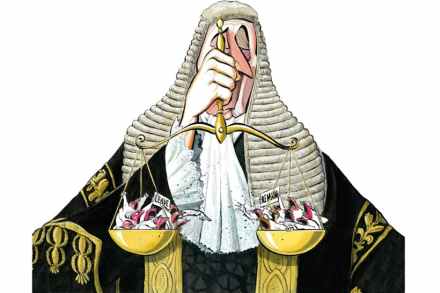It's time for Boris to walk away from Brexit talks
Lorries will be backed up across Kent. The shops will run short of essential goods. Travel plans will be disrupted, and factories will start to close as British goods are shut out of their main export markets. As the UK comes to the end of its transitional deal with the EU, and as talks on a trade agreement appear to have reached an impasse, there will be plenty of high-stakes brinkmanship, and pressure on the government to give some ground on fishing and regulation to avoid the potential chaos of no deal. And yet in truth, if Boris Johnson caves into the EU’s demands at the last moment, the voters




